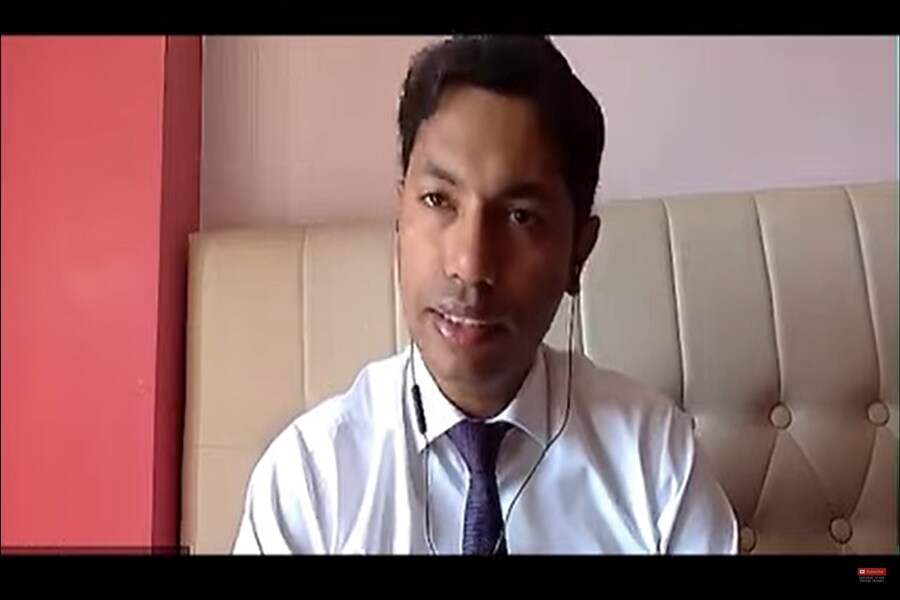
Take control of your hypertension Management
Dr. Sarkar highlights the benefits of self-management of hypertension and also briefs about various ways to do so

Hypertension, which is among the most common chronic diseases in adults, is a major cause of stroke, heart disease, and renal failure. About one billion people live with hypertension worldwide, many of whom do not control their blood pressure well, despite the fact that lowering BP lessens the risk of renal and cardiovascular disease. One of the most effective ways of coping with hypertension is through self-management, making patients more responsible for their own care. Effective self-management of hypertension consists of self-monitoring blood pressure; identifying the warning signs, initiating lifestyle changes; maintaining regular contact with the health care provider. Studies suggest that self-management of hypertension in nonclinical settings is superior to traditional in-clinic hypertension management, and can improve medication adherence, self-efficacy, self-rated health, cognitive symptom management, frequency of aerobic exercise, and depression. Collaboration with the healthcare provider can improve the patient’s ability and confidence for self-management, to yield even greater improvements in BP control.
Issued in Public Interest by USV PVT LTD
The pages slugged ‘Brand Connect’ are equivalent to advertisements and are not written and produced by Forbes India journalists.




